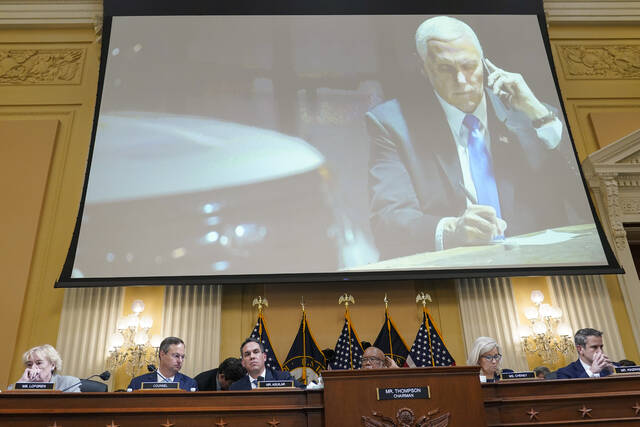Almost exactly 60 years ago, the newly appointed Chadian ambassador to the United States, Adam Malick Sow, was heading south on Maryland’s Route 40 toward Washington, D.C. He stopped at the Bonnie Brae diner and asked for a menu. The owner, Mrs. Leroy Merritt, sneered, “We don’t serve (expletive) here,” and threw him out.
The same thing happened to other African diplomats at other Maryland establishments, and it became an international embarrassment. President John F. Kennedy worried that this treatment of diplomats from Cameroon, Sierra Leone, Congo and other newly independent African nations would harm U.S. efforts to limit Soviet influence in Africa.
The story, recounted in Ted Johnson’s exploration of race and history, “When the Stars Begin to Fall,” illustrates something that’s worth pondering: How much did Cold War competition spur us toward fulfilling our national ideals?
Johnson notes that the steps toward integration following the “Route 40 Incident” did not go entirely smoothly. Several restaurants “demanded to see credentials before proffering meal service … loudly apologizing to white customers who had to endure eating alongside black diplomats.” And, of course, it would be several more years before African Americans could expect the same service as African ambassadors.
The Cold War was the reason Americans could be embarrassed by what had been routine for centuries. We were engaged in a contest with the communist world that was about everything. It was a great power rivalry for influence and resources. It was a military competition for supremacy. It was a religious war about belief in God versus atheism. And it was an ideological conflict about how to organize society and how to live. As such, everything we did, everything we were, was viewed through the lens of how our enemies and allies would see it. The Cold War shaped our sense of national identity and purpose.
When arrayed against an ideological foe that rejected individual rights, trampled on religious liberty, murdered millions and enslaved even more, all in the name of a supposedly morally superior system, we had a clear sense of who we were. We were for freedom, both economic and political. We were for religious rights. We were for an independent judiciary and a nonpolitical military. We were for individuality, not coerced collectivism. And we were for strivers and dreamers who wanted to share the blessings of liberty.
Concern about how our treatment of African Americans made us look abroad was one rationale for the Truman administration’s decision to file an amicus brief in Brown v. Board of Education. The argument was explicit:
“The United States is trying to prove to the people of the world of every nationality, race and color, that a free democracy is the most civilized and most secure form of government yet devised by man. … The existence of discrimination against minority groups in the United States has an adverse effect upon our relations with other countries. Racial discrimination furnishes grist for the Communist propaganda mills.”
In that sense, our enemies did us a favor by pointing to our flaws, because it played a role in spurring us to be better.
Today, we still have enemies, but we no longer have the morally organizing idea of liberty versus tyranny that shaped our self-concept during the Cold War. We no longer see the need to sell our way of life to others around the globe. Many Americans shrug at the prospect of the Chinese government crushing freedom in Hong Kong, or Eastern European countries closing universities and independent media. We don’t see ourselves as leading Team Liberty. And even though in most respects we won the Cold War, that is a real loss.








